T4K3.news
Venezuelans detail torture in El Salvador mega-prison
Survivors describe horrific conditions in Cecot after deportation from the US.
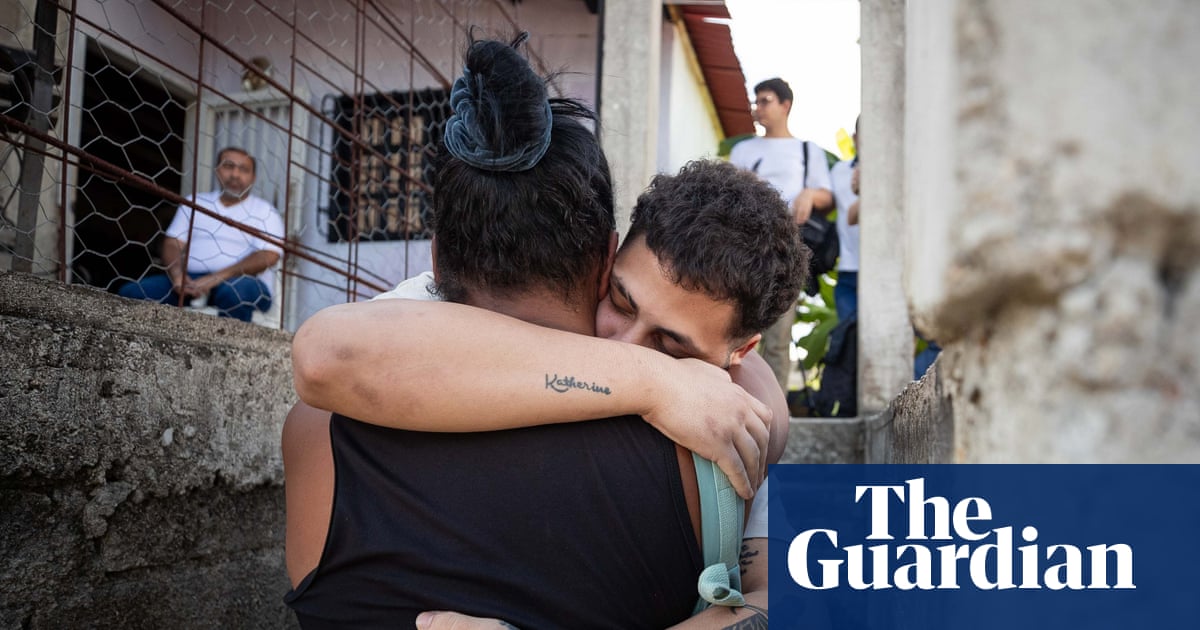
Survivors describe the torment they faced in a Salvadoran mega-prison after deportation.
Venezuelans recount harsh realities in El Salvador's notorious mega-prison
Recent reports from Venezuelans deported to El Salvador's infamous mega-prison, known as Cecot, reveal harrowing accounts of abuse and mistreatment. Lawyers have labeled the experiences as no less than "state-sanctioned torture." One deportee, José Manuel Ramos Bastidas, returned home after months of uncertainty, embraced by family who feared for his life. Many who shared the cells with him relate stories of physical beatings, psychological trauma, and dire living conditions marked by limited food and dirty water. These revelations come after a deal between the U.S. and Venezuelan governments resulted in a prisoner swap that freed Venezuelan political prisoners and U.S. citizens held in Venezuela. The accounts from those held at Cecot illustrate not only the personal suffering endured but also raise questions about the treatment of deportees and governmental responsibilities in such scenarios.
Key Takeaways
"These last months have been a living nightmare, not knowing anything about José Manuel."
Roynerliz Rodríguez speaks on the trauma endured during her partner's absence.
"The courts must never look away when those who wield power engage in such violence."
Lawyer Stephanie M Alvarez-Jones stresses the need for judicial accountability.
"Instead, the US government chose to send him to be tortured in Cecot."
Alvarez-Jones reflects on the devastating choices made by immigration authorities.
"He will likely carry the psychological impact of this torture his whole life."
Alvarez-Jones outlines the long-term effects of the trauma experienced by prisoners.
The plight of these deported Venezuelans shines a light on severe human rights abuses in international detention systems. Interviews reveal that the conditions in Cecot are systematic, designed to inflict pain and instill fear. The narratives of isolation and torture echo broader concerns about the U.S. immigration system and its partnership with foreign governments to manage deportations. Ramos Bastidas's story epitomizes the personal tragedies unfolding behind closed doors, urging a critical review of immigration policies and the ethical implications of such exchanges. As more stories emerge, the demand for accountability and reform grows louder, highlighting an urgent need for justice.
Highlights
- The conditions in Cecot are more than just inhumane.
- They shot us with rubber bullets. We were treated like animals.
- Our lives cannot be just trade currency.
- Freedom feels incomplete knowing others still suffer.
Concerns over state-sanctioned torture and legal accountability
The testimonies from the deportees reveal serious allegations of human rights violations in El Salvador's mega-prison. These abuses bring scrutiny to U.S. immigration practices and the treatment of deportees. Calls for justice highlight the need for reform in how deportees are treated and the ethical implications of international agreements.
The situation calls for urgent reforms and accountability on an international scale.
Enjoyed this? Let your friends know!
Related News
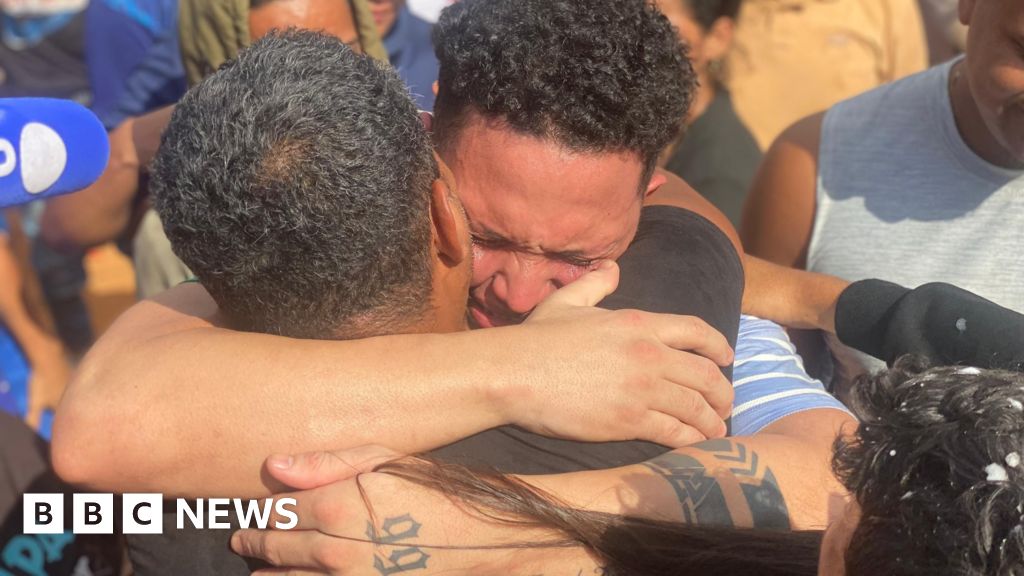
Venezuelans describe experiences in Salvadoran mega-prison
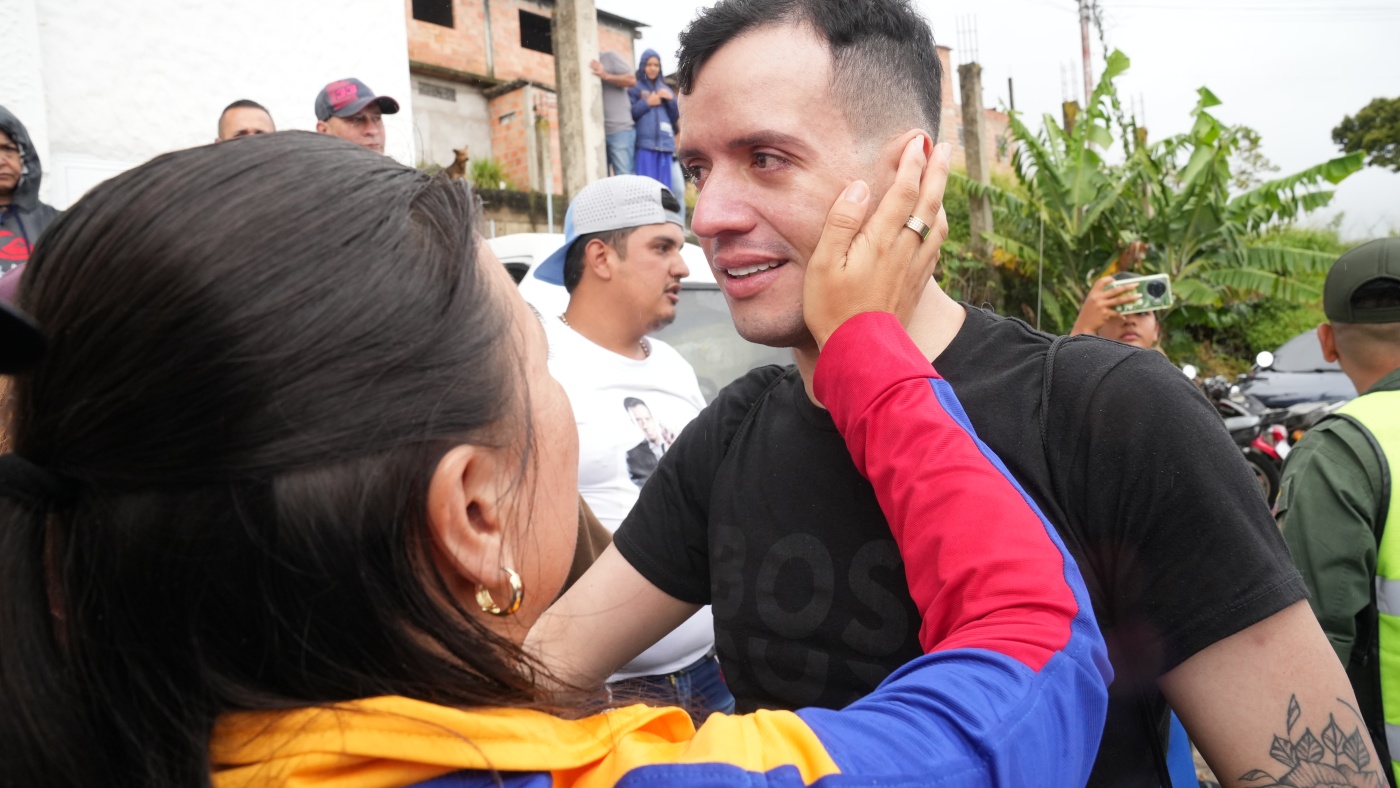
Venezuelan deportees reveal abuse in El Salvador mega-prison
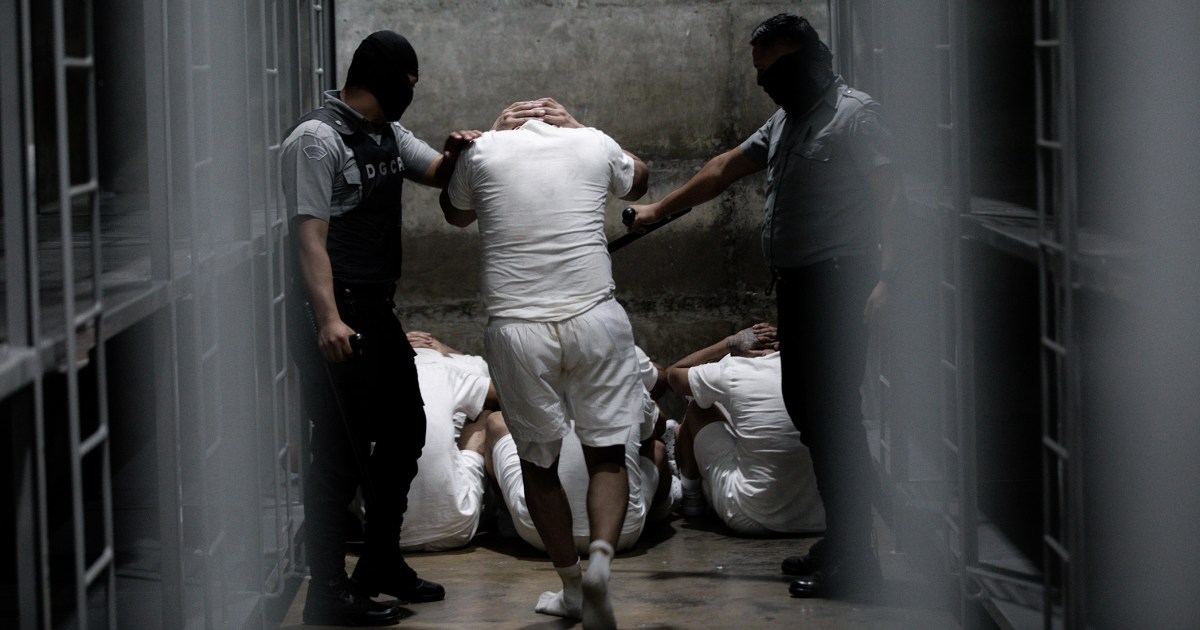
Venezuelan migrants flown home after swap

Venezuelan Men Share Abuse Stories Post Deportation

Prisoner swap completed between US and Venezuela

Dahud Hanid Ortiz released to US after prisoner swap
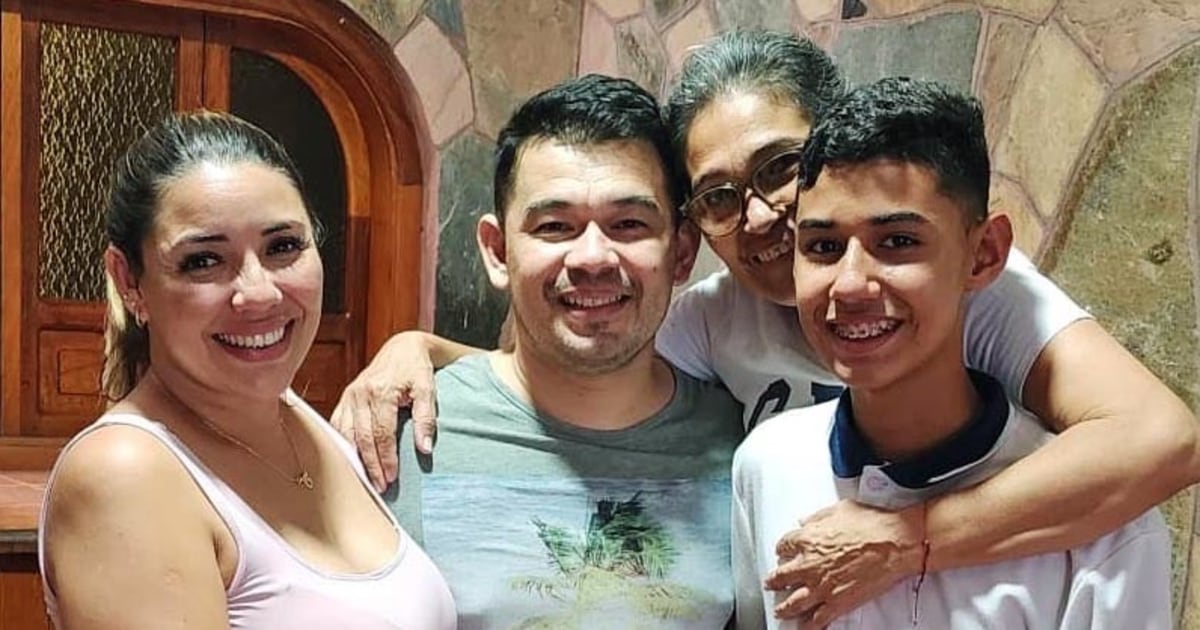
Reports reveal abuse of Venezuelan detainees in El Salvador

Prisoner swap between US and Venezuela completed
